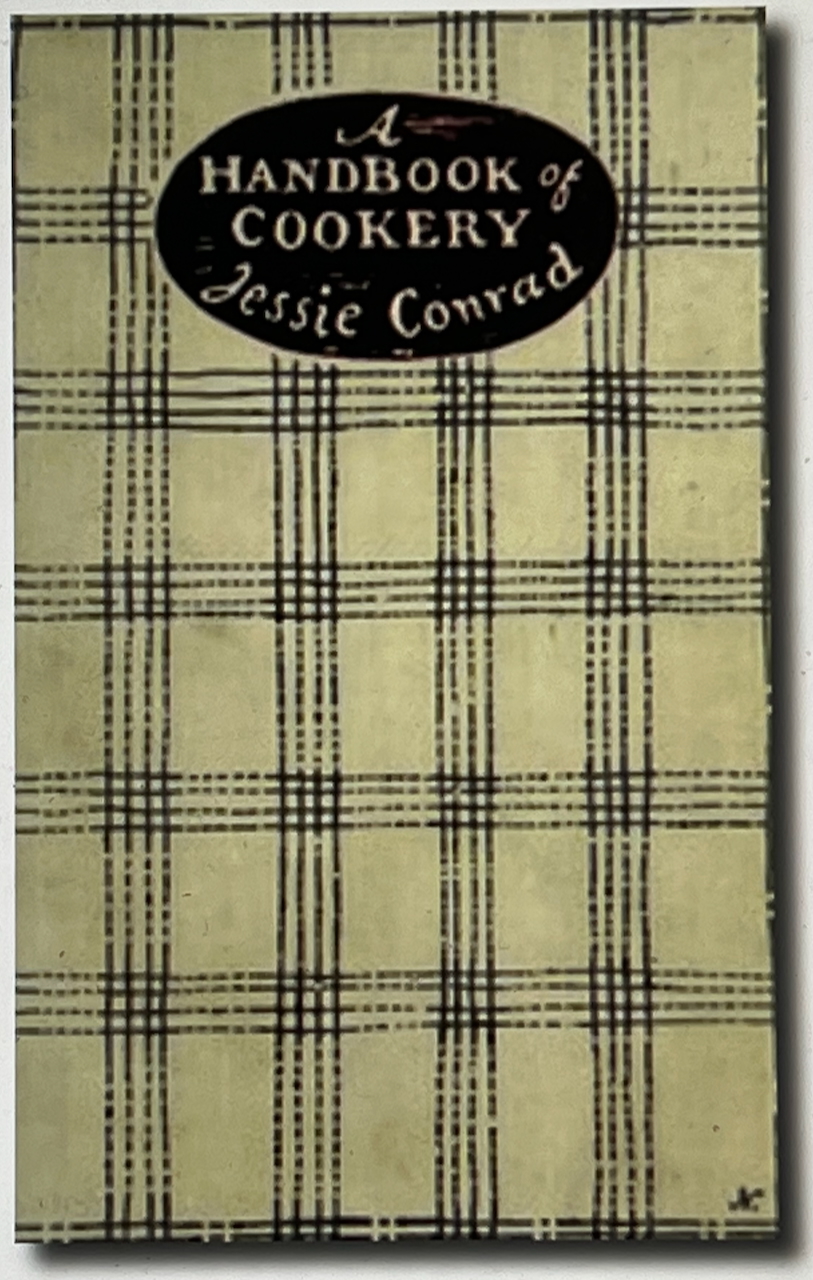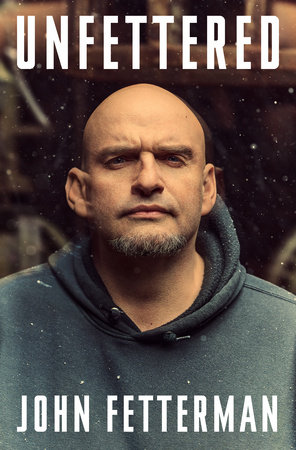Singing with Jerome Rothenberg
By Chris King
April 29, 2024

The passing of the poet, translator, editor, and literary force Jerome Rothenberg on April 21, 2024, at age 92 merits a scholarly news obituary that probes his transformative contributions to world literature. This is not that. These are the notes of a rabid fan, virtual mentee, long-distance collaborator, and sad mourner with so much to say.
I became aware of Jerome Rothenberg’s work from what seemed at the time to be an unlikely source. Sean McGovern was a high school friend of mine in Granite City, Illinois, not known for any taste in adventurous literature. Though I earned a master’s degree in literature from Washington University in St. Louis while Sean was a lackluster business student and singer in a popular cover band, it was Sean who turned me on to Jerome Rothenberg. Sean took an English class at Southern Illinois University at Edwardsville where Rothenberg’s pivotal anthology Technicians of the Sacred was assigned, and Sean passed it along to me, our friendship circle’s acknowledged bookworm. It would completely redirect my sense of what to read and how to write.
Technicians of the Sacred (1968) features contemporary poets—including Rothenberg himself—translating and investigating world anthropology with an eye and ear toward getting it out of dusty prose to reveal it as edgy, often disruptive poetry. Folklore lined out as poems seemed to awaken the thrilling voices that kept this material alive in repertoire for generations before some anthropologist came limping down the trail. This poetry sang to me, and I began to sing it.
At the time, in the early 1990s, I was the leader of an anomalous thing: a graduate student rock & roll band. It was supposed to be a summer fling but became an accidental first career. By the time Sean McGovern handed me Technicians of the Sacred, we were going out on East Coast tours for a few weeks stolen from academic calendars and barback shifts. As the lyricist and frontman, singing the same songs night after night for a few weeks at a stretch, I became incredibly bored with my own words. Dipping into the freaky voices gathered by Jerome Rothenberg for new song lyrics, I found myself in bottomless waters.
“Head in a Hummingbird’s Nest”—the title alone is so much cooler than the title of any song purely of my own invention—has carried the furthest among our collaborations with Jerome Rothenberg. Faye Records released this song as a 7” single; Snow Globe Records included it on their anthology of lost bands from the 1990s, Tiny Idols; and a few seconds of it warble out of a jukebox in Dan Mirvish’s first film, Omaha: the Movie. My source was the third of “Three Quechua Poems” translated by W.S. Merwin and included in Technicians of the Sacred. Merwin reworked an intermediary Spanish translation, and I further finagled his English to make it sing over an Irish jig played on banjo by my songwriting partner Lij Shaw. We opened or closed many sets with these whimsical musings of a man who is “supposed to go away now” but clearly has no intention of doing so, since the prerequisites for his departure—he has to be banging a drum-shaped from the eye of a spider, waving a flag stitched from the bone of a fly, and wearing the eponymous hummingbird’s nest hat—all are patently never going to happen.
Another Lij Shaw banjo lick and Technicians of the Sacred nugget yielded “Perhaps,” a matter-of-fact glance at the abyss from the Yucatec Maya. “Perhaps maybe we’ll see how the world ends,” the text and our song open unforgettably. “Perhaps the day will come of hunger,” they continue, though they end with a simple litany of sustenance: “a cow, a horse, a milpa” (a rare appearance in rock lyrics of this term for a corn field). I never succeeded in tracking down Merwin to tell him about our collaboration before he died in 2019, but the translator of “Perhaps,” the University of Florida anthropologist Allan F. Burns, was delighted by what we had done with his poem—which was translated from riddles Alonzo Gonzales Mo told Burns while teaching him the Mayan language. A musician himself, Allan sent me some CDs of his Acadian music that I have held onto throughout decades spent on and off the road with and without a fixed abode.
“Head in a Hummingbird’s Nest” and “Perhaps” appeared on a record by our band Eleanor Roosevelt (one might suspect we would be hit by a cease-and-desist order from the great lady’s estate, but no) that borrowed its name from a text in another Jerome Rothenberg anthology, dedicated to traditional ritual poetries from the Americas, Shaking the Pumpkin (1972). Rothenberg presents this text as a “language event” listing translations of words for various things from the secret language of Inuit shamans (translated into English by Knud Rassmussen, who died in 1933 when Rothenberg was two years old). Apparently, when Inuit shamans refer to a dog, they say the Inuit equivalent of “Walker with His Head Down”—you can see it instantly, can’t you? A dog letting its nose lead the way down the road?
In Shaking the Pumpkin, Rothenberg included more of his own work as a co-translating poet, mostly in partnership with the Seneca songman Richard Johnny John, whom Rothenberg celebrated as his “adoptive Seneca father.” (One of the odd things about this story is that Rothenberg’s genius was for turning ritual song into poetry, what he called “written poem as score,” whereas we turned it back into songs – which we came to call poetry scores.) Working close to the ritual context with Seneca singing in his head, Rothenberg experimented with concrete poetry and other textual tricks. I plucked and embellished promising lines from various of these creations to make a collage lyric. One of their poems has the repeating line “I was going thru the big earth” and carries the nervy title “A Song About a Dead Person—or Was It a Mole?” I mashed up their title and refrain to come up with the line “Mole travels through the earth,” continuing with my further embellishment: “Mole travels underground, but he gets around.” Our collaborative power ballad “Plenty of Flowers” appeared on Eleanor Roosevelt’s final record—named from an abandoned Ohio superhighway, not an Inuit shaman’s dog—Crumbling in the Rain.
Putting other people’s poetry to music eventually supplanted our traveling band, which turned into an arts organization, Poetry Scores (“we build community by translating poetry into other media”), that lives on today as a disincorporated phantom of the heart. We have built community by getting other people to play along with us— for example, the St. Louis musician who called himself Mike Nobody for our project setting to music “Things Seen by the Shaman Karawe,” also culled from Technicians of the Sacred. I corresponded with Rothenberg to track down Barbara Einzig, who translated Karawe’s vision from the Russian version by Vladimir Bogoraz. (Bogoraz was a revolutionary exiled by the czar to Siberia, where he went native as an ethnologist—hanging out with Rothenberg’s books, you meet the coolest people, ever.) Barbara Einzig traveled to St. Louis on her own dime for the premiere of Mike Nobody’s score of her mystical poem. A dark, churning storm threatened when Barbara started reading her text to preface the outdoors musical performance, and everyone present agreed that those powerful words seemed to ward off the storm.
Technicians of the Sacred and Shaking the Pumpkin made me want to write poetry that strange and electric. An adoptive poetic son of Jerome Rothenberg, I began to read primary texts in the public domain with an eye toward finding arresting phrases and concise stories that would play as standalone poems or elements of a poetic collage. I found myself writing poems—not so much with Siberian shamans or Mayan riddlers—but with John G. Bourke, a U.S. Army captain who rode with Captain Crook as his field secretary and turned himself into an anthropologist in his off-days out West. I think of Bourke as a deeper, grittier, scarier Mark Twain, more scarred in every way by every version of the real deal than his more celebrated contemporary.
By the time I found myself writing poems with John G. Bourke from his field journals, I was off the road. It began to seem silly for me to be the singer of our songs when there weren’t any tours in need of a front man and we had much better singers in our circle. We could now claim as one of us none other than Sean McGovern, who hipped me to Technicians of the Sacred. Formerly the singer in St. Louis’ most popular cover band, in middle age Sean became determined to write and sing his own songs. Sean liked working with my lyrics better than his own, and his enthusiasm and productivity have spurred me to keep writing poems. So, now I rework John G. Bourke journals, along with my own scribblings, to make poems in the spirit of Technicians of the Sacred and Shaking the Pumpkin, and the person who introduced me to Jerome Rothenberg’s work makes songs out of my poems, just like I used to make songs out of Rothenberg’s books.
Jerry, I always went easy on you in our emails, since I can have a way of overwhelming people and driving away those I most want to hold close. Our email exchange was far more sparse than my mental conversation with you, which really never stopped for long once I read your work, and clearly is not stopping now that you are gone. But, now I am sorry I never asked you about John G. Bourke. You must have known about his citizen anthropology. What did you think of it? Did you know Bourke was with Crook when they talked Geronimo off the warpath, not once but twice? Jerry, did you know that Geronimo ended his days as a watermelon farmer? What do you make of that?







